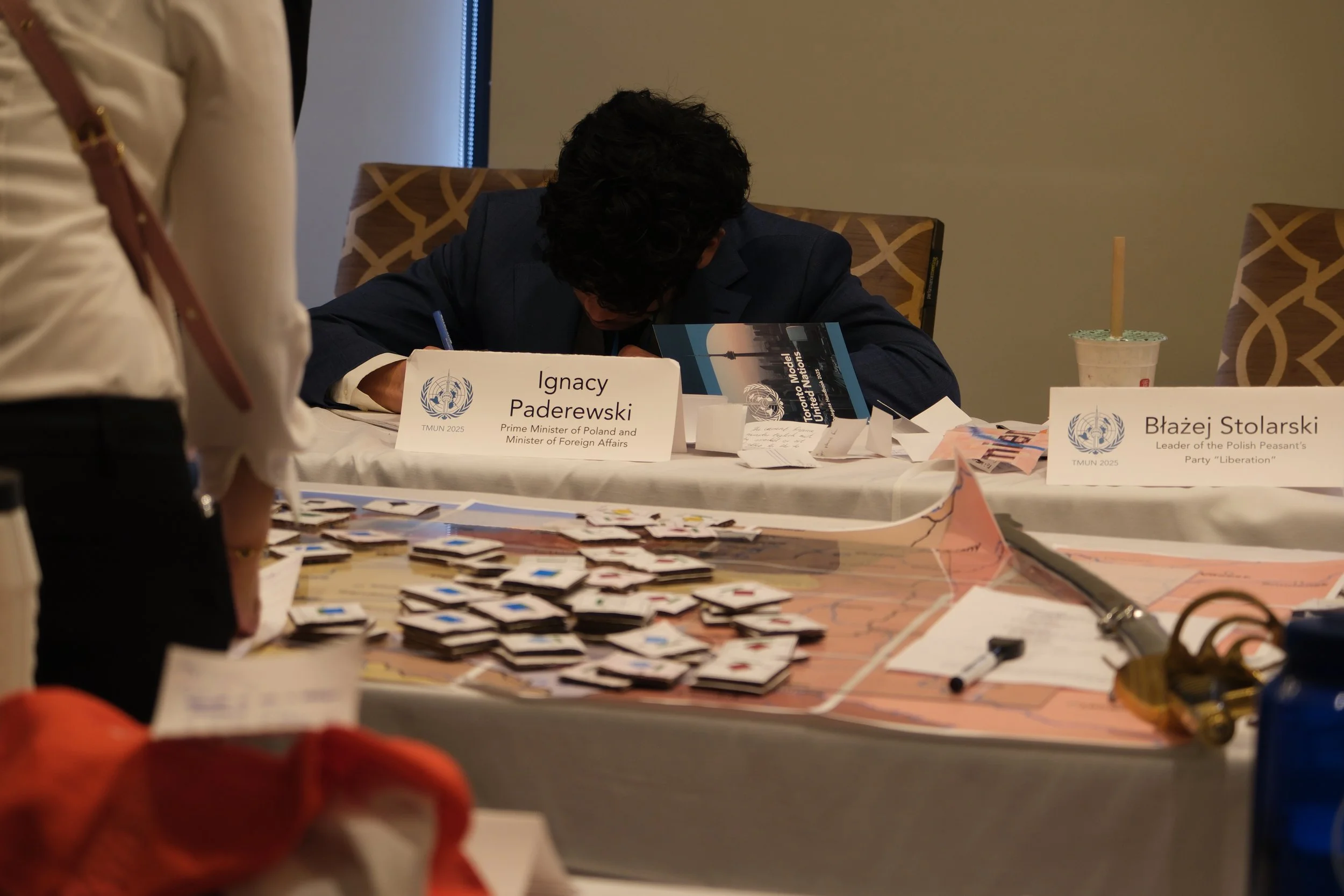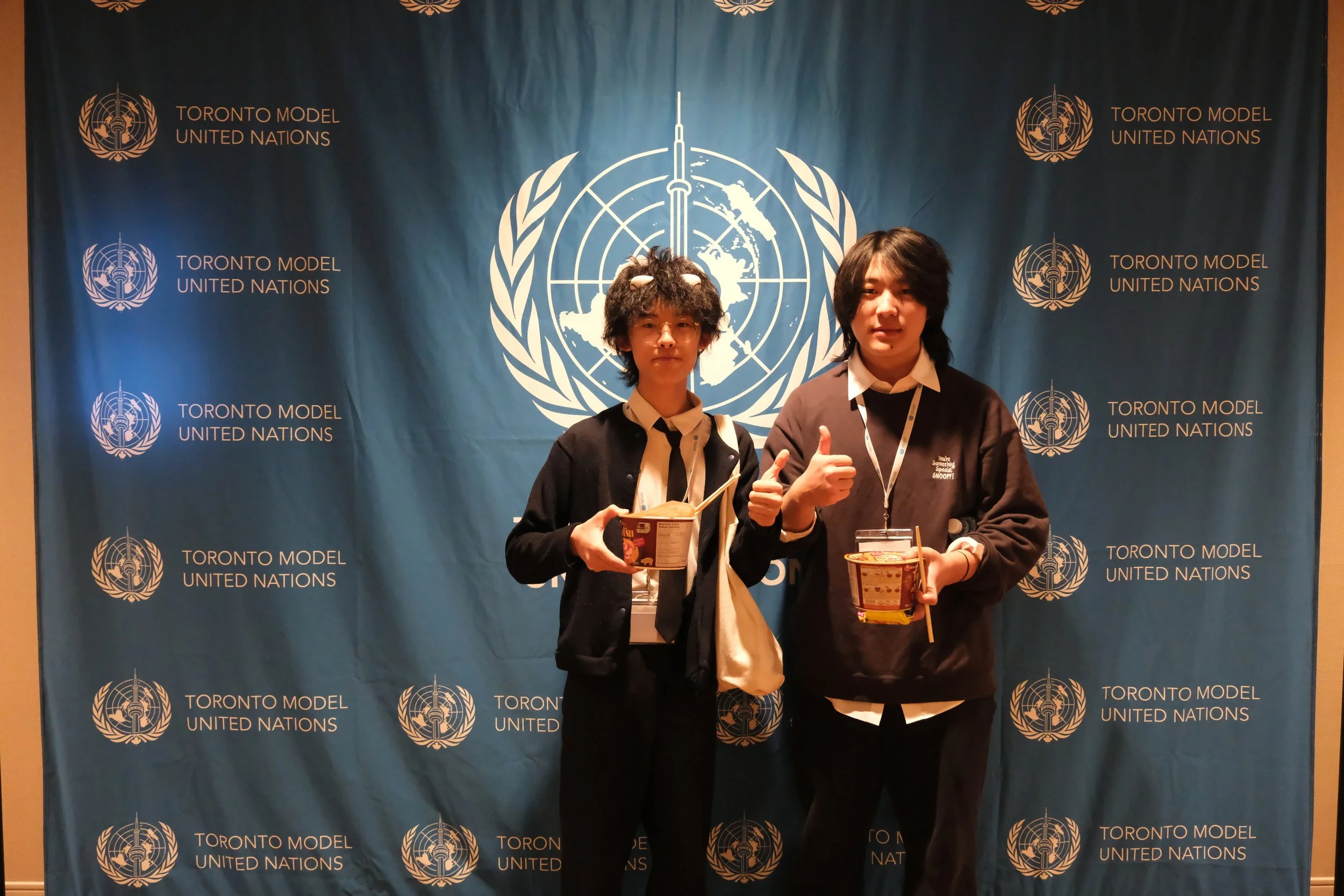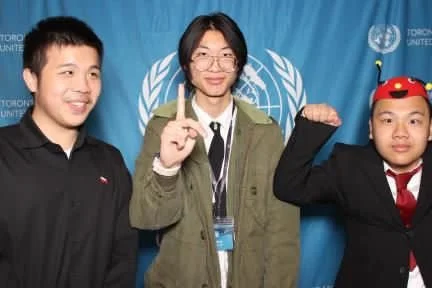
Schedule
Friday — March 27
Opening Ceremonies
Break + Beginner’s Workshop
4:15 - 4:45
4:45 - 6:00
Committee Session I
6:00 - 8:00
Dinner
8:00 - 8:30
Midnight Crisis (Optional)
8:30 - 11:00
Saturday — March 28
4:15 - 4:45
Committee Session II
Break
9:30 - 11:00
11:00 - 11:15
4:45 - 6:00
Committee Session III
11:15 - 1:15
6:00 - 8:00
Lunch
Committee Session IV
1:15 - 2:45
2:45 - 4:45
8:00 - 11:00
Break
4:45 - 5:00
11:00 - 1:00
Committee Session V
5:00 - 7:00
Dinner
7:00 - 8:30
Delegate Social
8:30 - 11:00
Sunday — March 29
Committee Session VI
9:30 - 11:15
Break
11:15 - 11:30
Committee Session VII
11:30 - 1:00
Lunch
1:00 - 2:30
Closing Ceremonies
2:30 - 3:45
9:30 - 11:00
11:00 - 11:15
11:15 - 1:15
1:15 - 2:45
2:45 - 4:45
4:45 - 5:00
5:00 - 7:00
7:00 - 8:30
8:30 - 10:30
9:30 - 11:15
11:15 - 11:30
11:30 - 1:00
1:00 - 2:30
2:30 - 3:45


